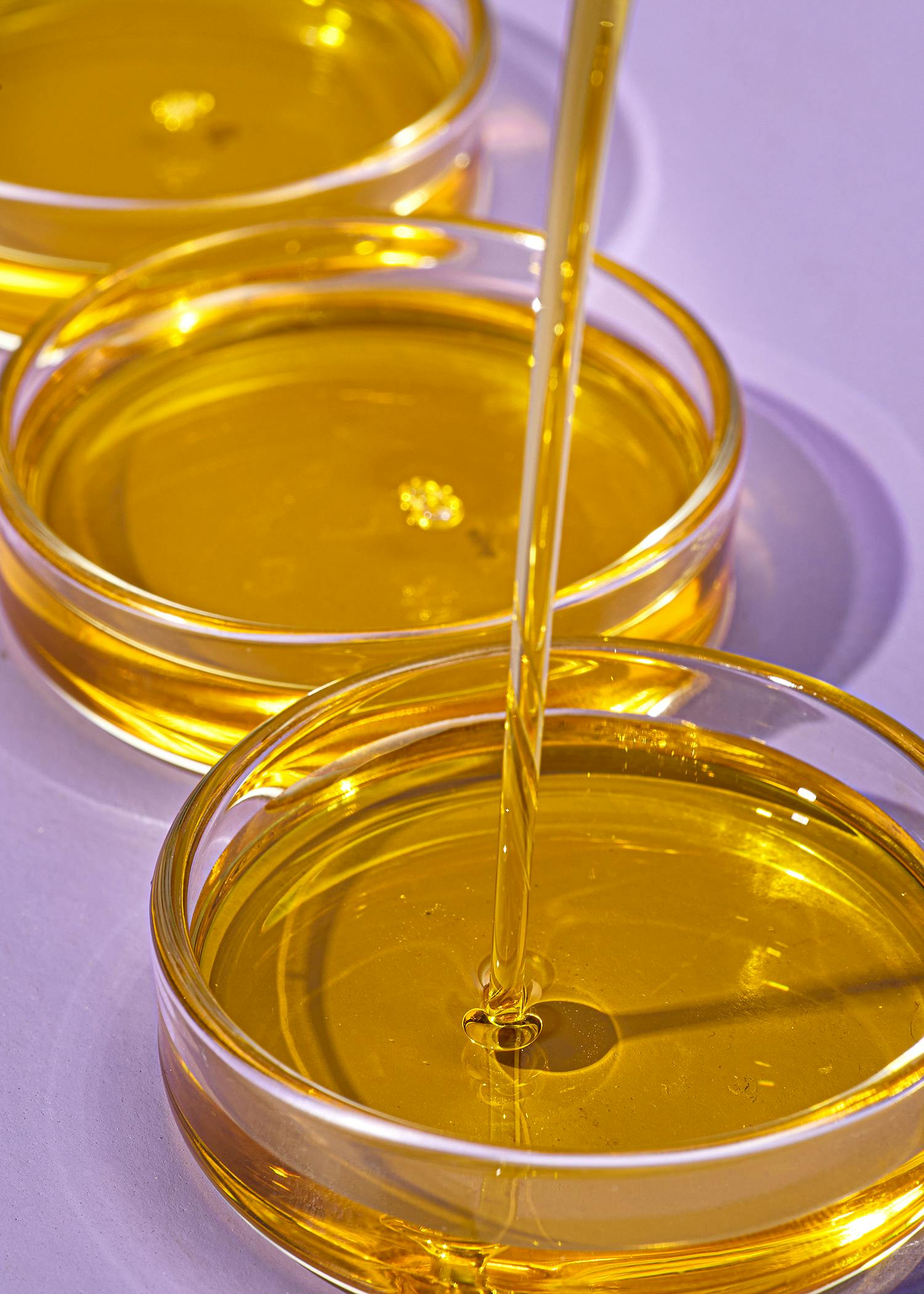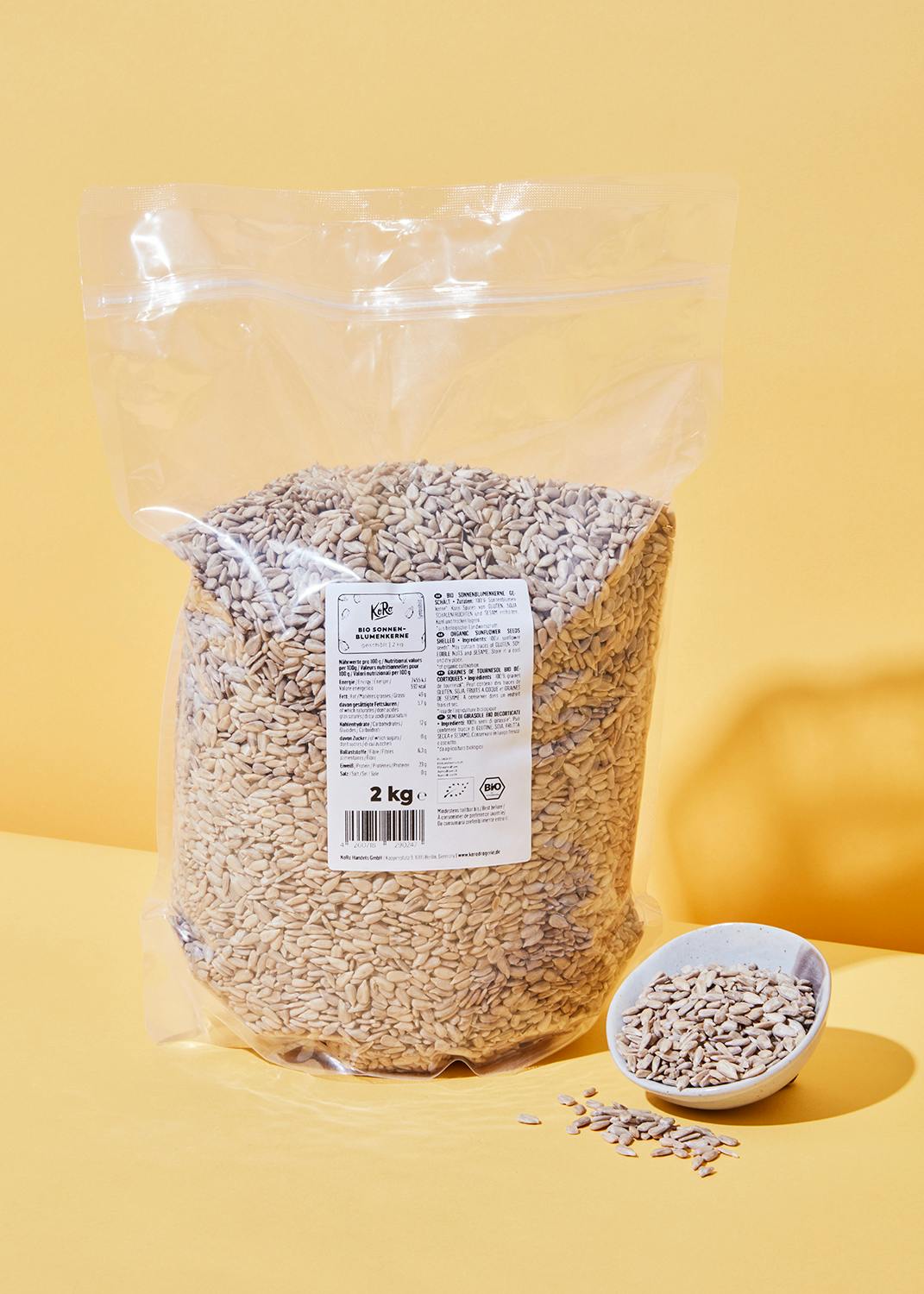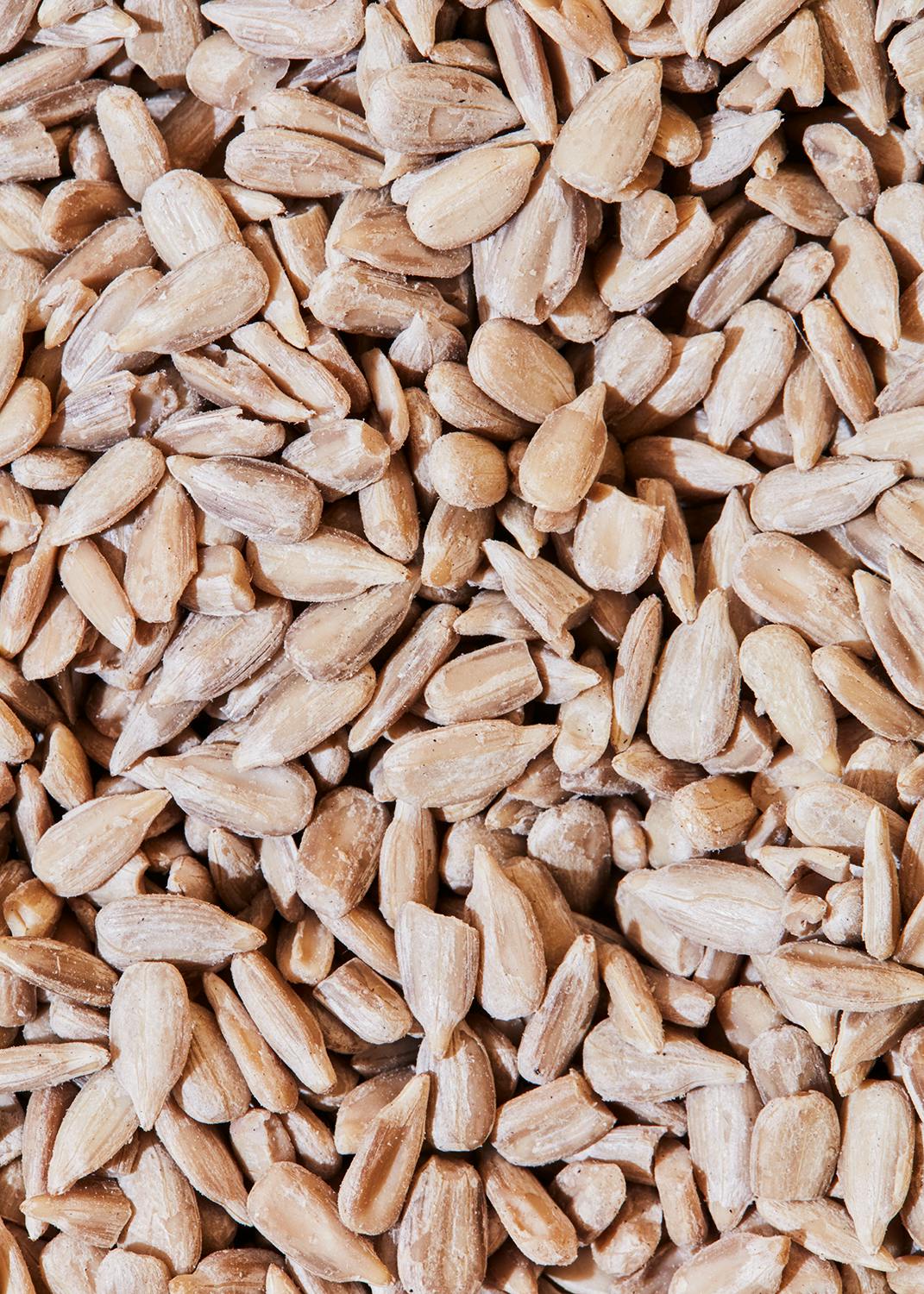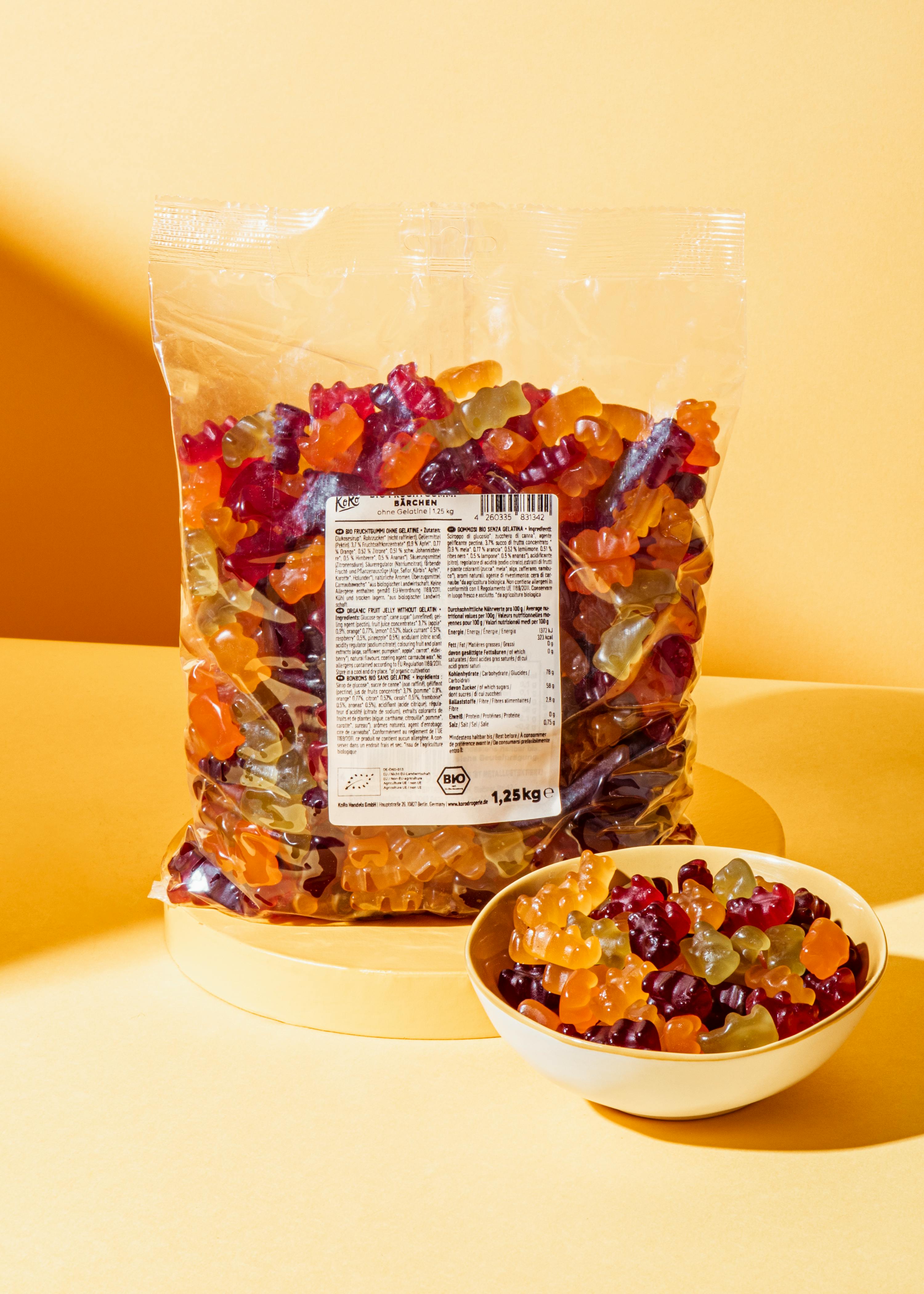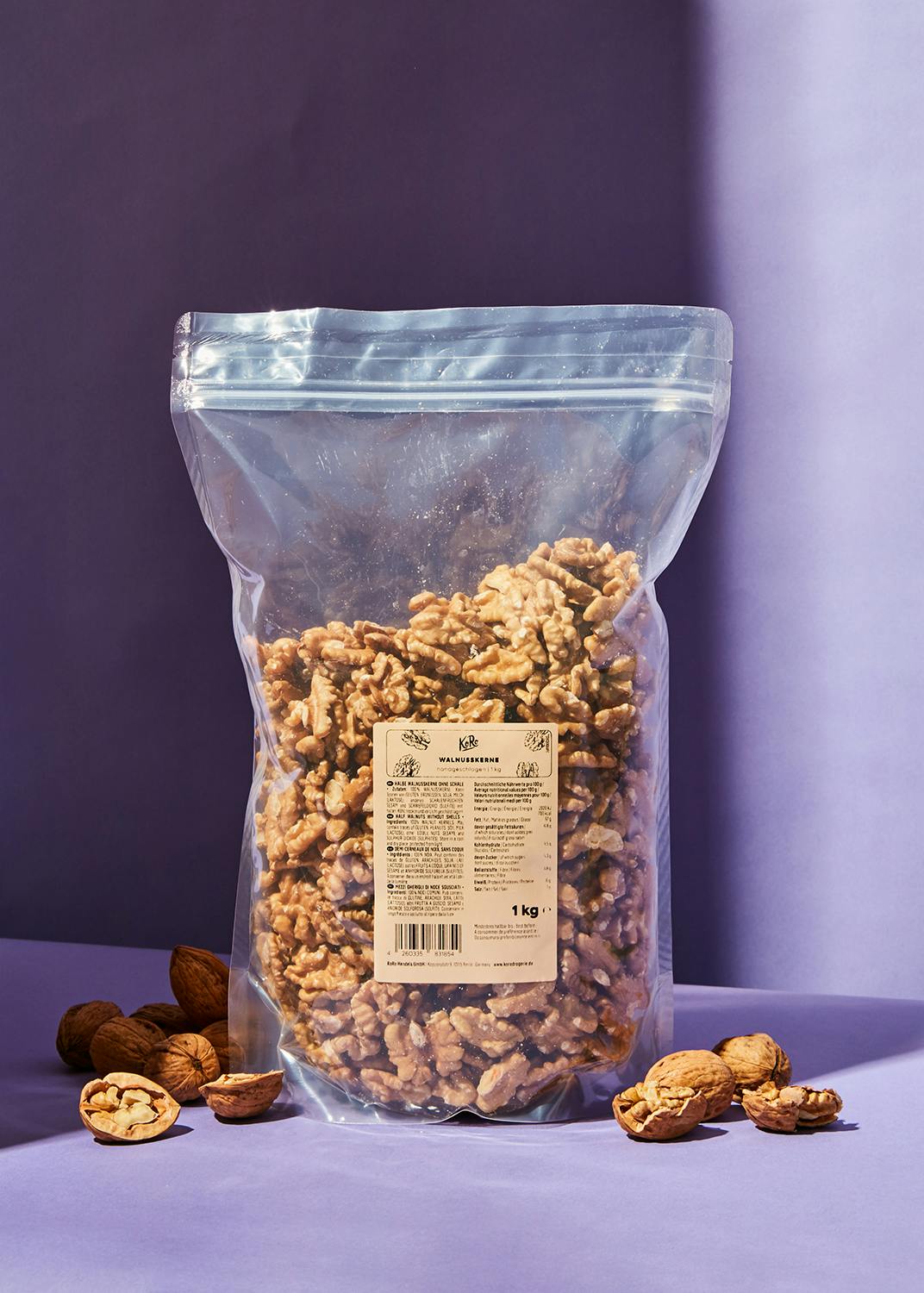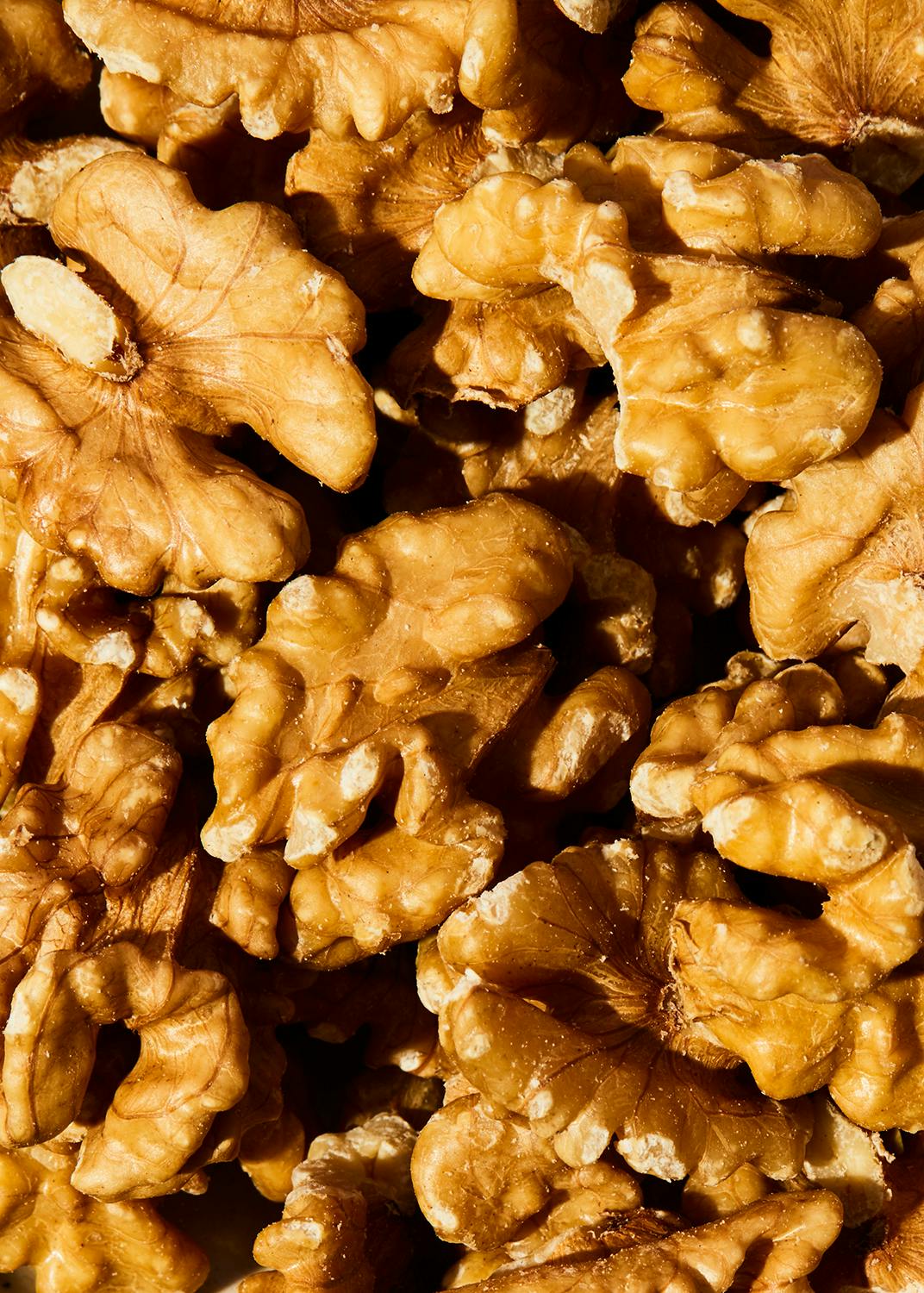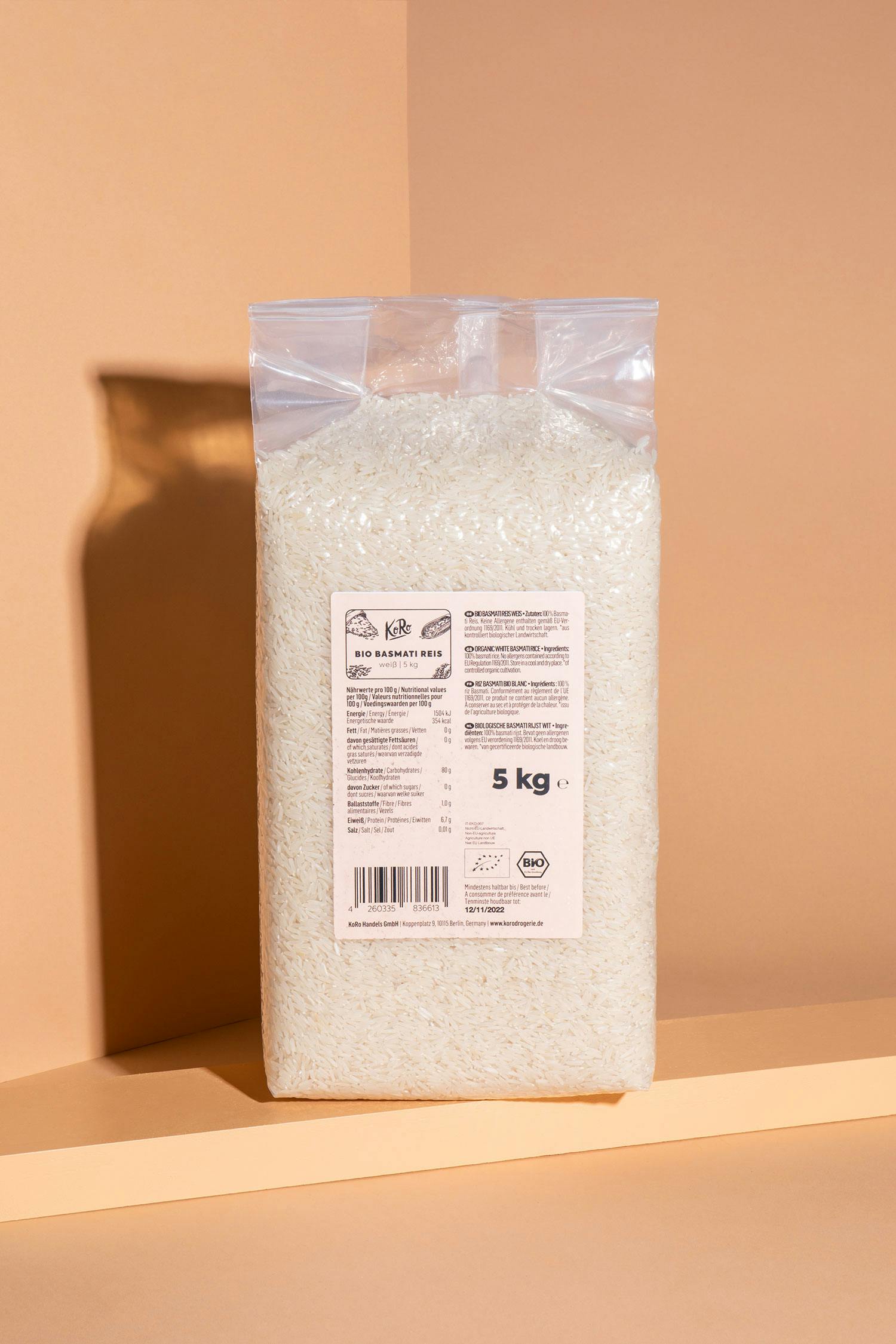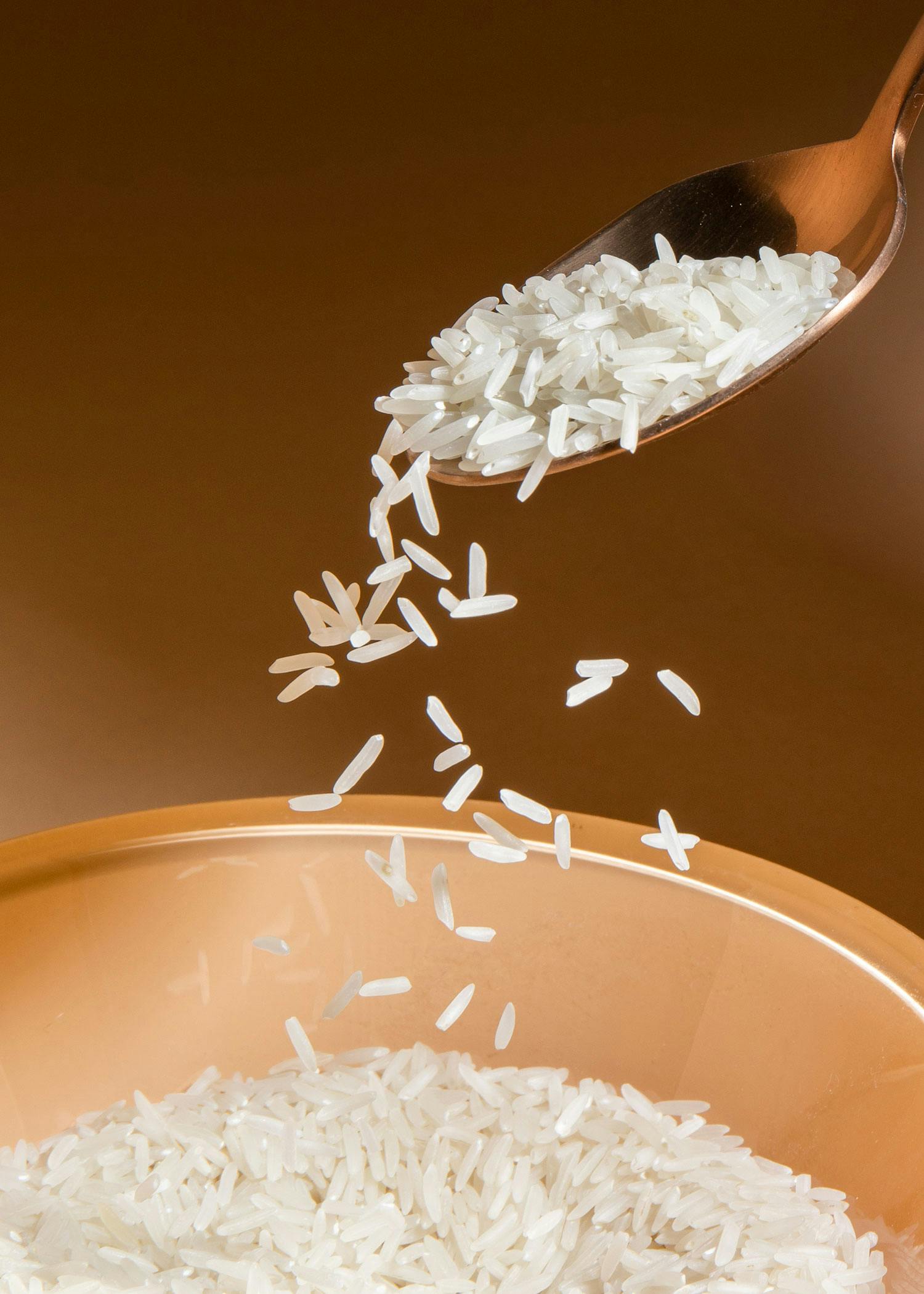Calories and their reputation
Calories. A word that everyone knows and with which people have a wide variety of relationships. After all, they were not only on everyone's lips for a while, but can still be seen on every food packaging today. Sometimes as an advertising medium directly as a frontal attack, other times only small on the back. This means that sooner or later, everyone will stumble across the term and, depending on the source(s) of information, form positive or negative associations. That's why we want to start from scratch and give you a well-founded insight into the topic. Let's start with the most trivial, but not so unimportant question.
What are calories?
A calorie is a unit of measurement that measures the amount of heat required to heat 1 gram of water by 1 degree Celsius. Roughly speaking, calories provide energy. In fact, the unit calorie is already outdated, because in the course of the 20th century the unit joule was agreed upon as the measurement of energy, as this is more standardized and precise internationally. However, the calorie remained faithful to food packaging and so although we also find the unit kilojoule on product packaging today, we hardly pay any attention to it, as calories in food are also retained for customers due to habit and familiarity. In addition, the figures in kilojoules are often more abstract in our minds due to their numbers in the thousands. For example, 100 g of basmati rice has 354 kilocalories - in kilojoules that's 1504.
How much energy do we need?
We mentioned earlier that calories provide energy. And that is correct and important, because our body needs plenty of it to keep all its functions running. Each of us has an individual basal metabolic rate, which tells us how many calories we need per day to maintain vital functions. This includes our cardiovascular system, body temperature, breathing, metabolism and more. The basal metabolic rate sometimes accounts for more than 60 to 70 % of our daily calorie intake and depends on age, gender, weight, muscle mass and genetic predisposition. The last approx. 30 % depends on our activity level in everyday life. For example, a full-time construction worker needs more energy on average than an employee who sits in an office for eight hours. But physical activity outside of work also plays an important role, of course. So if you lift weights in the gym early in the morning before your office day or walk to and from work for half an hour every day, this will increase your calorie requirement. Now that we've covered the basics of calories, let's look at how the different sources of energy in food differ.
Not all kilocalories are the same
Have you ever wondered why nut butter and oil have so many kilocalories? It's easy to explain with the help of the different macronutrients, i.e. carbohydrates, fats and proteins, and their energy density: Fats have 9 kilocalories per gram, while 1 gram of carbohydrates and proteins contain 4 kilocalories. Oil often consists of almost 100% fat. Nuts, on the other hand, consist mainly of fat, but often also contain more protein and fewer carbohydrates. This is a crucial point, because now the nutrients come into play. Nutrients can be divided into the categories of macronutrients and micronutrients. We have already discussed macronutrients, but what are micronutrients? These are mainly vitamins and minerals, of which our body does not need that much in terms of quantity, but which perform many crucial functions. And why is this important in connection with oil and nut butter? It's simple: nut butter usually consists of 100% nuts, nothing else. Nuts are a natural food, so they have not been processed. Both their macronutrients and micronutrients are retained when they are processed into nut butter and can be absorbed by your body. This is different with oil, because even if sunflower oil has been extracted from sunflower seeds, for example, fiber, proteins and carbohydrates are lost along the way, along with micronutrients. Your body metabolizes 10 g of sunflower oil differently than 10 g of sunflower seeds, because 10 g of sunflower oil consists of 9.2 g of fat, while the same amount of sunflower seeds consists of 4.9 g of fat, 1.2 g of carbohydrates, 0.63 g of fibre and 2.3 g of protein. This is also related to the intestinal microbiome, as the bacteria living there prefer very different nutrients. However, if you only feed a few strains of bacteria due to an unbalanced diet, this can permanently imbalance your intestinal flora.
As you can see, it's not just the calorie density but also the nutrient density that is important. Even if walnut kernels, for example, appear to have more calories than fruit jelly bears at first glance, the two foods are metabolized differently by our bodies. Fruit jelly babies consist largely of sugar and have an impact on blood sugar levels. As a result, you may feel tired and listless, making you more likely to reach for another snack. This repetitive cycle often leads to eating more than you actually need. Meanwhile, high-fat meals combined with carbohydrate intake lead to a slower rise in blood sugar levels. But should you eat fewer carbohydrates because of this? This is a fallacy, because different carbohydrates also cause your blood sugar levels to rise at different rates. Wholemeal products in particular reduce a rapid rise due to their higher fiber content. Some protein and fat are also ideal. This is why natural foods are so valuable, as they usually consist of all four macronutrients from the ground up.
So no more sweets from now on?
Of course, we don't want to condemn our absolutely delicious fruit jelly bears or our aromatic oils in this article. After all, fruit jelly babies or chocolate sometimes tickle another important component of eating, namely the emotional component, much more than a handful of walnuts. And a special oil simply takes the taste of your baked vegetables to the next level. And it should, because food provides nutrients, of course, but should also bring pleasure and enjoyment. Of course, you can also include less nutritious foods in your diet, because as always, it's the quantity that counts! What is defined as a high-calorie meal varies from person to person, because what is a full meal for some is a small snack for others. After all, everyone's needs are different. So don't worry and continue to enjoy your favorite food and snacks to the full!

